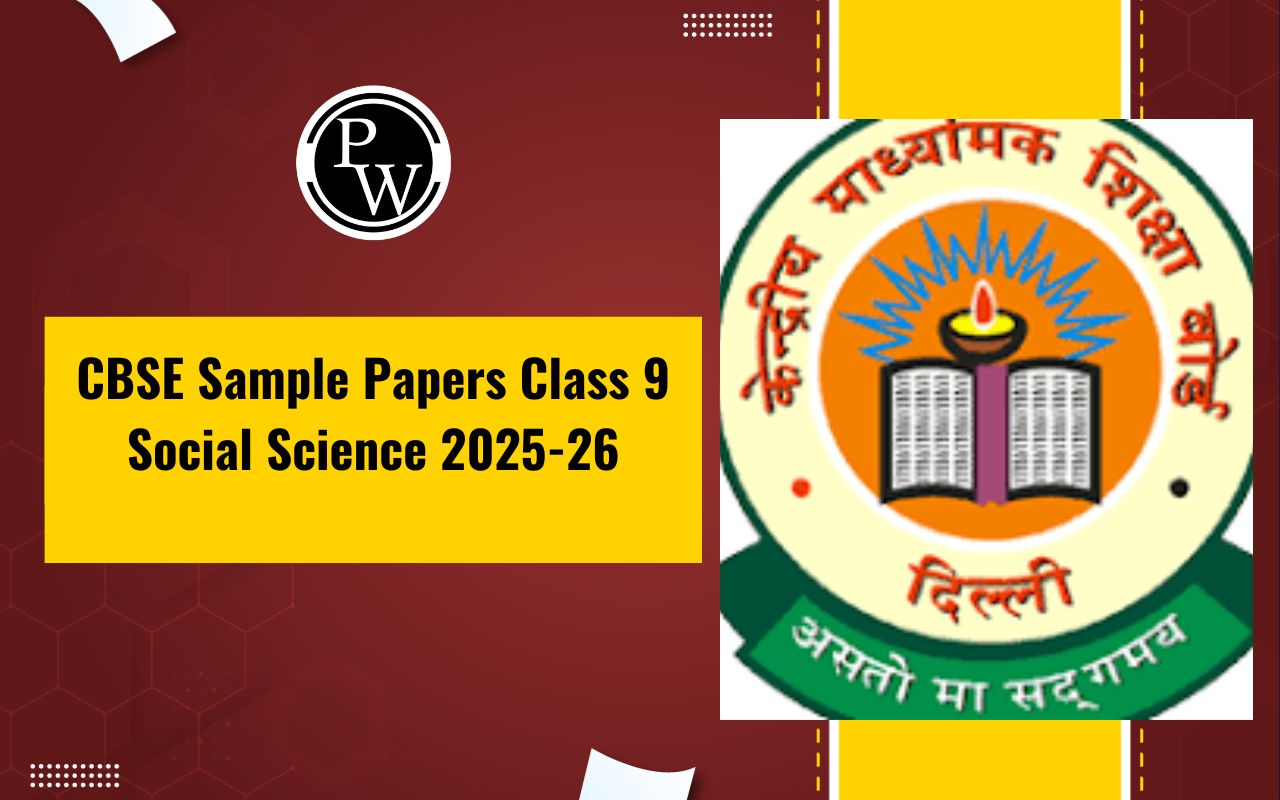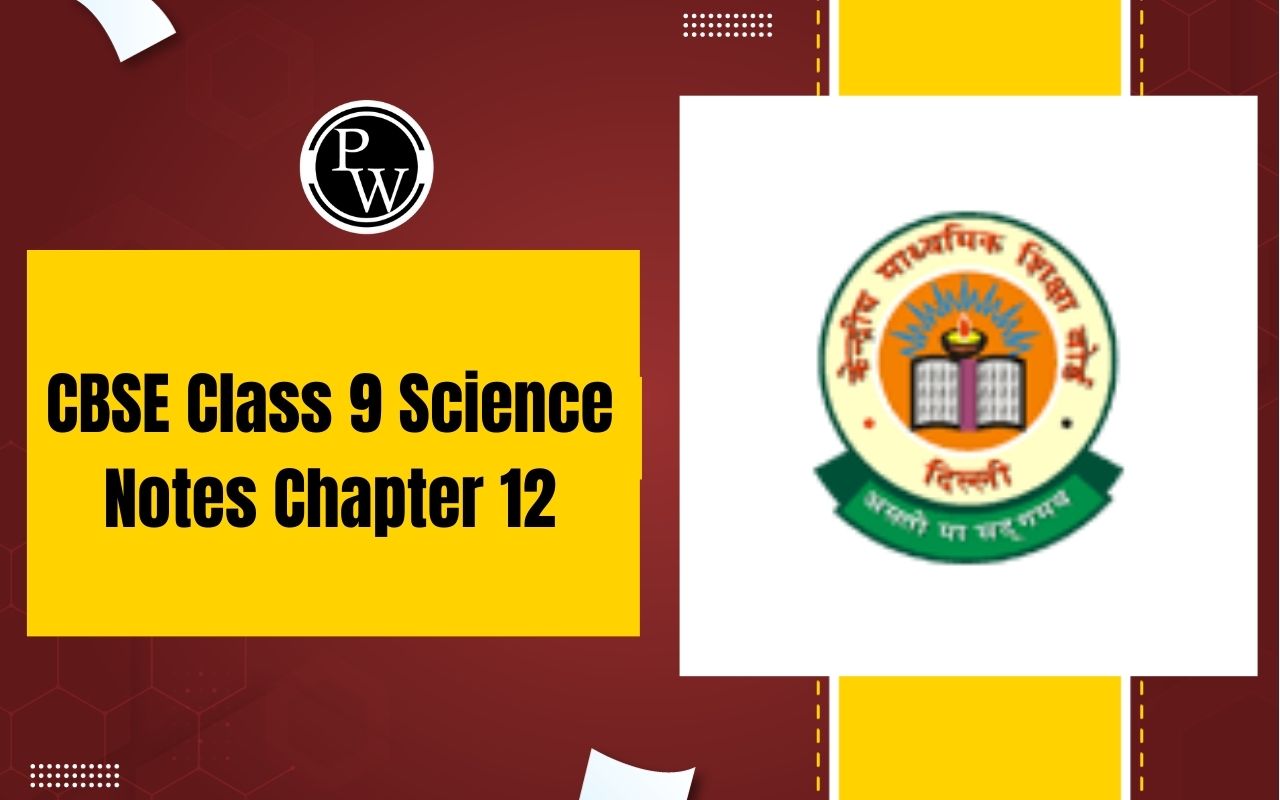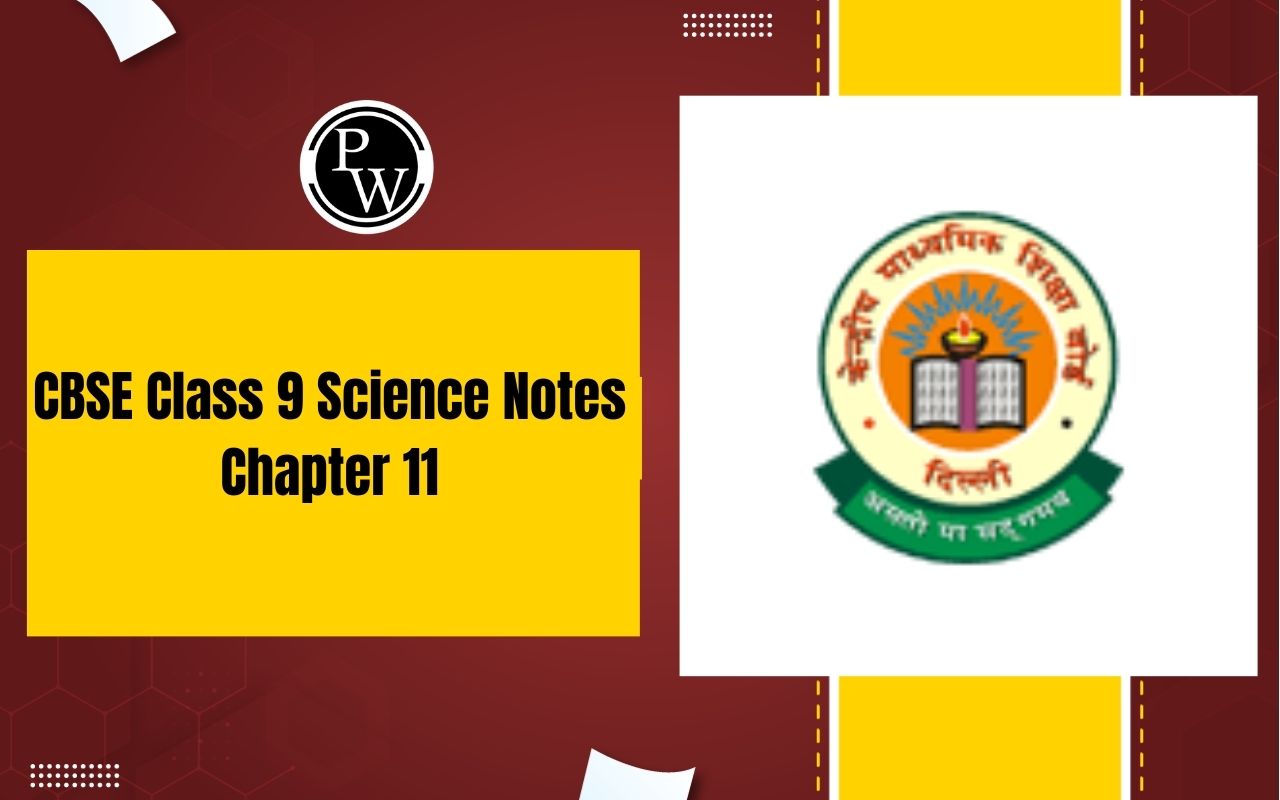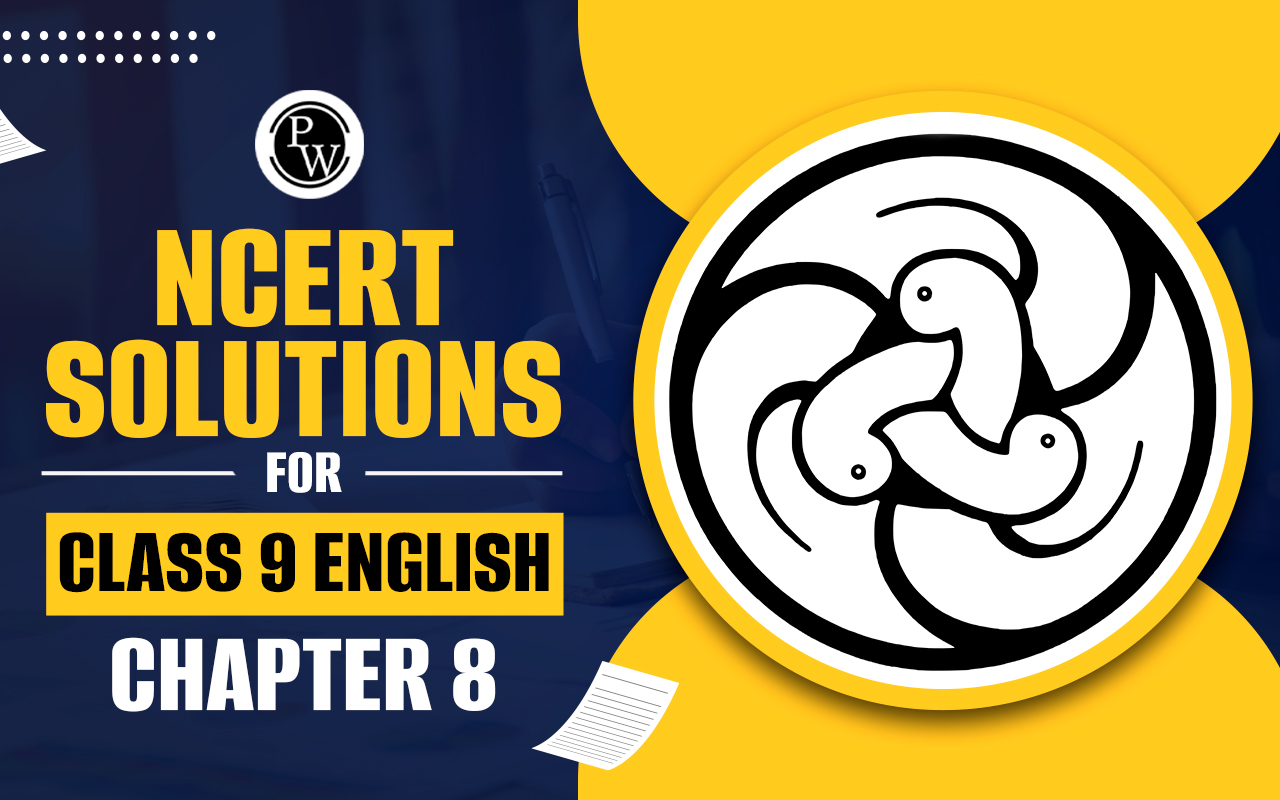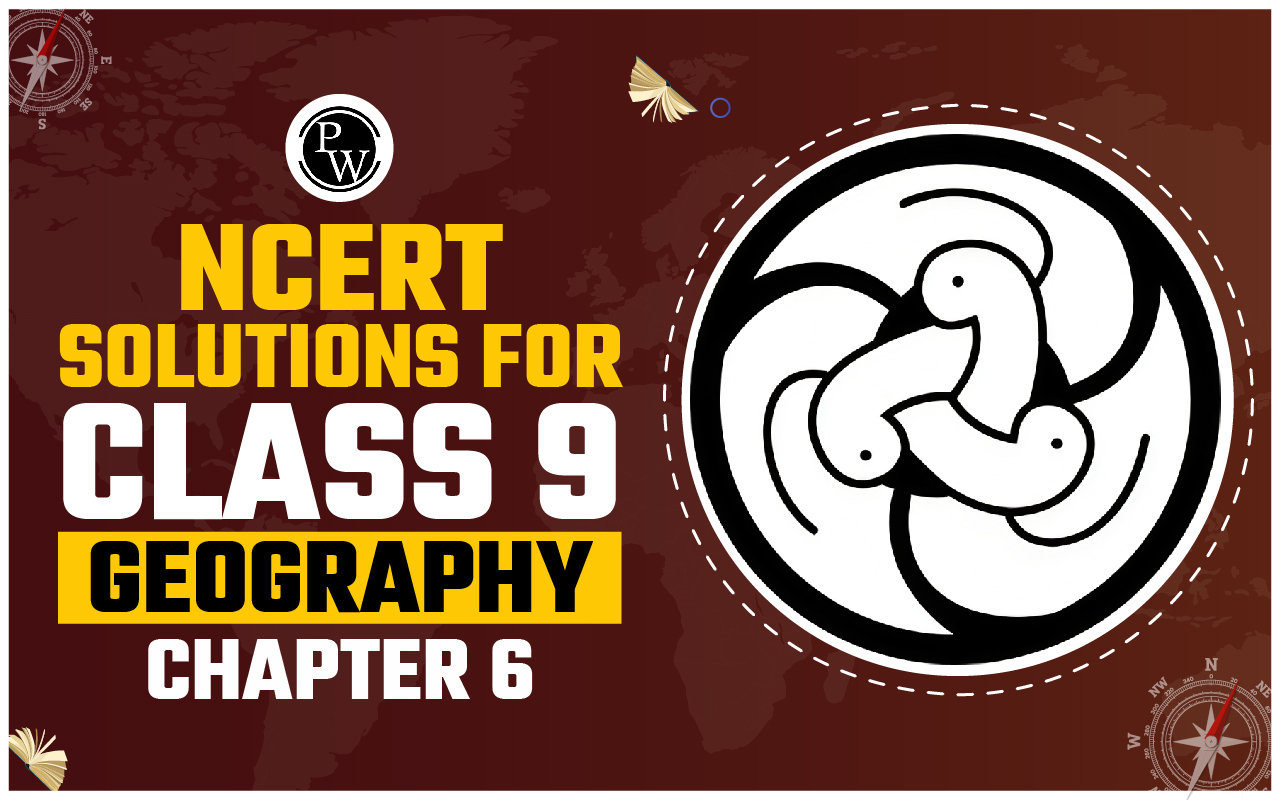
Important Questions for Class 9 English Beehive Chapter 6 Poem No Men Are Foreign help students prepare well for exams.
The poem teaches that all humans are alike, share the same earth and air, and should live in peace. Questions usually ask about the poet main message, the meaning of uniform, how humans share the same fate and how war harms the earth.
Understanding these points from Class 9 English Beehive Chapter 6 Poem No Men Are Foreign will help students answer questions easily and score better.
No Men Are Foreign Important Questions for Class 9
No Men Are Foreign is a poem written by James Kirkup. It focuses on the idea that all humans are essentially the same, no matter their race, nationality, or background. The poet highlights that we all share the same earth, breathe the same air, and experience similar emotions, joys, and sufferings. Superficial differences like uniforms, land or customs should not divide us.
The poem strongly conveys the message of peace, brotherhood, and unity. It asks humans to recognize their shared humanity and avoid hatred, conflicts and wars. Kirkup uses simple examples from everyday life to show that our basic needs and feelings are common. He reminds readers that violence and war not only harm others but also destroy the earth we all depend on.
Chapter 6 Poem No Men Are Foreign Important Questions
Below are the Important Questions for Class 9 English Beehive Chapter 6 Poem No Men Are Foreign are designed to help students understand the poet message and the deeper meaning of the poem. These questions also help students prepare well for exams and make quick revision easier.
1. What message does the poet want to convey?
Ans. The poet wants to convey that despite superficial differences, all humans are inherently similar. We share the same earth, breathe the same air, and ultimately, face the same fate. Hence, we should recognize our common humanity and avoid conflicts and prejudices.
2. How does the poet prove that there are no foreign countries?
Ans. Kirkup proves there are no foreign countries by emphasizing our shared human experiences and natural connections, such as the earth we walk on and the air we breathe, making all lands intrinsically the same.
3. What does the poet ask us to remember in the last stanza?
Ans. In the last stanza, the poet asks us to remember that we defile and despoil the earth by engaging in wars and harboring hatred. By remembering that all humans are alike, we can foster peace.
4. How are we responsible for war?
Ans. We are responsible for war when we forget our shared humanity and succumb to hatred and division. Wars are often fueled by a lack of understanding and empathy toward others.
5. How do all men living on the earth share the same fate?
Ans. All men share the same fate as we all live on the same earth, depend on its resources, and ultimately, we will all return to it, highlighting our shared vulnerability and mortality.
6. What is the irony in uniform?
Ans. The irony in uniforms lies in how they are meant to differentiate and signify allegiance to different causes or countries, yet beneath them, every soldier is fundamentally human, sharing the same vulnerabilities and aspirations.
7. How can we be one people though we belong to different nations?
Ans. We can be one people by recognizing and respecting our shared humanity, focusing on similarities rather than differences, and promoting values of empathy and peace.
8. What does the poet mean when he says “by war’s long winter starv’d”?
Ans. This phrase implies the devastating effects of war, which like a harsh winter, deprives people of food, shelter, and warmth, leading to suffering and deprivation.
9. “Beneath all uniforms…” What uniforms do you think the poet is speaking about?
Ans. The poet refers to military uniforms, symbolizing how, despite different national or military identities, underneath, every soldier is a human being with the same physical and emotional makeup.
10. How does the poet suggest that all people on earth are the same?
Ans. The poet suggests this through shared human experiences, emotions, and needs. We all feel, suffer, and rejoice in similar ways, regardless of geographical or cultural differences.
11. ‘The land our brothers walk upon. Is earth like this, in which we all shall lie!’ What does the poet mean to say above lines? Explain.
Ans. These lines underscore the idea that no matter where we come from, the earth we walk on is fundamentally the same, and we all share the same ultimate fate—death, which unites us.
12. Beneath apparent differences of lands, races and uniforms there lies the same body—the human body. Comment.
Ans. Beneath the superficial differences, every human possesses the same biological body, implying that at the core, racial and ethnic distinctions are trivial.
13. Hating our brother means hating ourselves and taking arms against them means fighting with ourselves. Is it true?
Ans. Yes, it's true. Hating others is essentially hating ourselves because we are all interconnected and similar. Violence against others is ultimately violence against ourselves.
14. How do we defile and outrage the ‘human earth’ that is ours?
Ans. We defile and outrage the earth by engaging in destructive actions like war, pollution, and exploitation, harming the very habitat we share.
15. How are we alike? Explain in context with the poem.
Ans. The poem emphasizes our similarities in basic human needs, emotions, and vulnerabilities. No matter our background, we are united by the universal human experience.
16. What does the poet emphasize by beginning and ending the poem with the same line?
Ans. By starting and ending with the same line, the poet emphasizes the perpetual relevance of the message of universal brotherhood and the cyclical nature of history and human behavior.
17. In the James Kirkup’s poem “No Men Are Foreign” explain the poet’s use of the word uniform.
Ans. The word "uniform" symbolizes superficial differences that are used to segregate and categorize people, masking our inherent sameness.
18. What do you understand by “Their hands are ours”? How can we conclude that their labour is the same as ours?
Ans. This phrase suggests that the work and efforts of people everywhere are similar. We all labor to survive and improve our lives, which connects us across different geographies and cultures.
19. How does the poem justify that people in all countries of the world are essentially the same?
Ans. The poem justifies that people in all countries are essentially the same by focusing on universal human experiences and the natural world that we all share. The poet emphasizes our shared dependency on the same earth, air, and sun, as well as common hopes and dreams, which transcend national or cultural boundaries.
20. How does the poet James Kirkup prove that no men are foreign?
Ans. James Kirkup proves that no men are foreign by highlighting that beneath any superficial differences—such as uniforms or language—all humans share the same needs, emotions, and vulnerabilities. The poem stresses that everyone breathes the same air, depends on the same planet for sustenance, and has the same human body, making any notion of foreignness arbitrary.
21. How, according to the poet, is the human earth ‘defiled’ and the innocence of air ‘outraged’?
Ans. According to the poet, the human earth is 'defiled' through acts of war and environmental destruction, which harm the very land that sustains all life. The 'innocence of air' is outraged by the pollutants we release, both from weapons of war and industrial activities, which corrupt the natural purity of the air we all breathe.
22. Who is the poet of this poem?
Ans. The poet of this poem is James Kirkup.
23. What is the meaning of foreign?
Ans. In the context of the poem, the term 'foreign' refers to something that is seen as unfamiliar, strange, or belonging to a country or nation other than one's own. The poet challenges this concept by arguing that no person should be considered foreign because we all share more similarities than differences, irrespective of our geographic or cultural origins.
No Men Are Foreign Important Questions with Answers PDF
Students can download the PDF of Important Questions for Class 9 English Beehive Chapter 6 Poem No Men Are Foreign from the link below for easy study and quick revision. This PDF covers all key questions to help students prepare well for exams.
Important Questions for Class 9 English Beehive Chapter 6 Poem
Study without using the internet
Benefits of Using Important Questions for Class 9 English Beehive Chapter 6 Poem No Men Are Foreign
Here are the Benefits of Using Important Questions for Class 9 English Beehive Chapter 6 Poem No Men Are Foreign.
-
Understand the Poem Better: Helps students grasp the main message of human unity and peace.
-
Focus on Key Points: Covers important lines, themes, and ideas from the poem.
-
Improve Answer Writing: Guides students to frame clear and accurate answers for exams.
-
Quick Revision: Makes it easier to remember important points before tests.
-
Identify Weak Areas: Helps students find topics they need to revise more.
-
Strengthen Conceptual Knowledge: Reinforces themes, vocabulary, and poetic ideas.
-
Useful Along with Class Notes: Works well with NCERT solutions, notes, and previous year questions.

